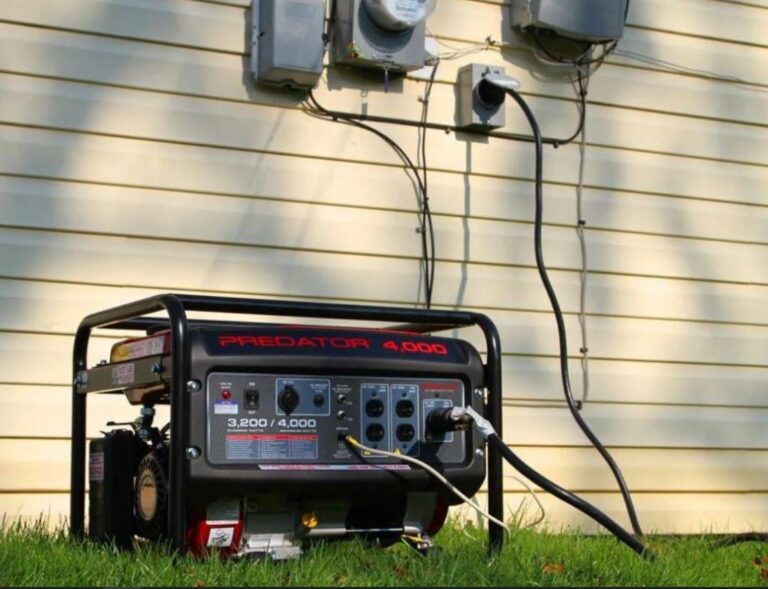How To Protect Assets From Divorce In Alberta (2025 Guide)
Divorce is a challenging and emotionally draining process, and one of the biggest concerns for many individuals is how to protect their hard-earned assets. In Alberta, family law governs how property is divided during a divorce, and understanding these rules can help you take proactive steps to safeguard your financial future.
Whether you’re considering marriage, already married, or anticipating a separation, this guide will walk you through legal strategies to protect your assets while staying compliant with Alberta’s laws.
[ruby_related heading=”More Read” total=3 layout=1 offset=5]
Understanding Alberta’s Matrimonial Property Laws
Before diving into asset protection strategies, it’s crucial to understand how Alberta divides property in a divorce.
1. Equal vs. Unequal Division of Property
Alberta follows the Matrimonial Property Act (MPA), which generally presumes that marital property should be divided equally (50/50) between spouses upon divorce. However, there are exceptions where courts may order an unequal split if fairness demands it.
What is considered marital property?
- The family home (regardless of who owns it)
- Joint bank accounts and investments
- Vehicles, furniture, and other shared assets
- Pensions and RRSPs accumulated during marriage
- Businesses started or grown during the marriage
Excluded (non-marital) property includes:
- Assets owned before marriage (if kept separate)
- Inheritances or gifts received by one spouse (if not commingled)
- Court-awarded damages (e.g., personal injury settlements)
2. Common-Law vs. Married Couples
Alberta treats married and common-law couples differently:
- Married couples fall under the MPA, meaning property division is automatic upon divorce.
- Common-law couples must prove they were in an “adult interdependent relationship” (living together for 3+ years or with a child) to claim property rights under the Family Property Act.
Proactive Strategies to Protect Your Assets
If you want to minimize financial risk in a divorce, planning ahead is key. Here are legal and practical ways to safeguard your assets.
1. Sign a Prenuptial Agreement (Prenup)
A prenup (or marriage contract) is one of the most effective ways to protect assets before marriage. It allows couples to decide in advance how property will be divided if they separate.
What can a prenup include?
- Which assets remain separate property
- How debts will be handled
- Whether spousal support will be paid
- Protection for family inheritances or businesses
Requirements for a valid prenup in Alberta:
- Must be in writing and signed by both parties
- Full financial disclosure is required
- Each party should have independent legal advice
- Cannot be unfair or unconscionable
2. Consider a Postnuptial Agreement
If you’re already married and didn’t sign a prenup, a postnuptial agreement can serve a similar purpose. It outlines asset division terms during the marriage and can be useful if financial circumstances change (e.g., starting a business or receiving an inheritance).
3. Keep Inheritances and Gifts Separate
Inheritances and gifts are typically excluded from division—but only if kept separate. If you deposit an inheritance into a joint account or use it to buy a shared home, it may become marital property.
How to protect inheritances:
- Keep funds in a separate bank account under your name only
- Avoid using inheritance to pay marital debts or joint expenses
- Document the source of the funds
4. Avoid Commingling Assets
Commingling occurs when separate assets (like pre-marriage savings) are mixed with marital funds, making them harder to claim as non-marital property.
Tips to prevent commingling:
- Maintain separate bank accounts for personal assets
- Don’t use pre-marriage savings for joint purchases without documentation
- Keep records of asset ownership before marriage
5. Protect Your Business
If you own a business, divorce can jeopardize its stability. Here’s how to shield it:
a. Prenuptial/Postnuptial Agreement
Specify that the business remains yours in case of divorce.
b. Keep Business Finances Separate
- Avoid using marital funds for business expenses
- Pay yourself a fair salary (not just dividends, which could be seen as shared income)
c. Use a Trust or Holding Company
Placing business assets in a trust or corporation can add a layer of protection.
6. Update Your Will and Beneficiaries
Many people forget that divorce does not automatically remove an ex-spouse from a will or insurance policy. After separation, update:
- Your will
- Life insurance beneficiaries
- RRSP/TFSA beneficiaries
- Powers of attorney
7. Document Everything
If you claim certain assets as separate property, you’ll need proof. Maintain records such as:
- Bank statements from before marriage
- Property deeds or purchase agreements
- Gift or inheritance documentation
What If Divorce Is Already Imminent?
If divorce proceedings have already begun, you still have options to protect your interests.
1. Negotiate a Fair Settlement
Going to court is expensive and unpredictable. Consider:
- Mediation – A neutral third party helps negotiate terms.
- Collaborative Divorce – Each spouse has a lawyer but commits to settling out of court.
2. Prove Unfairness for Unequal Division
Under the MPA, courts may award an unequal split if:
- One spouse recklessly depleted assets
- A spouse hid or transferred assets to avoid sharing
- One partner brought significantly more assets into the marriage
3. Seek Legal Advice Immediately
A family lawyer can help you:
- Identify exempt assets
- Challenge unfair claims by your ex-spouse
- Ensure proper valuation of property (especially businesses)
Common Mistakes to Avoid
Even with good intentions, people make errors that weaken their asset protection. Avoid:
❌ Hiding Assets – Courts penalize dishonesty, and hidden assets can still be discovered.
❌ Transferring Assets to Family Members – This can be seen as fraudulent and overturned.
❌ Ignoring Tax Implications – Selling or transferring assets may trigger capital gains taxes.
Final Thoughts
Divorce doesn’t have to mean losing everything you’ve worked for. By understanding Alberta’s property laws and taking proactive steps—like signing a prenup, keeping inheritances separate, and documenting assets—you can protect your financial future.
If you’re concerned about asset division, consulting a family lawyer early is the best way to ensure your rights are safeguarded.
Need Help?
If you’re in Alberta and need legal advice on protecting your assets in a divorce, reach out to a qualified family law attorney today. Planning now can save you significant stress and financial loss later.
Did you find this guide helpful? Share your thoughts in the comments or contact us for personalized legal advice!





